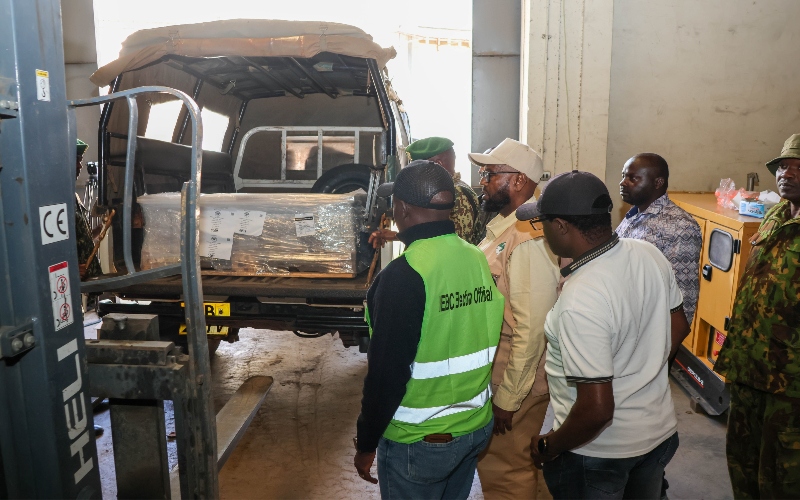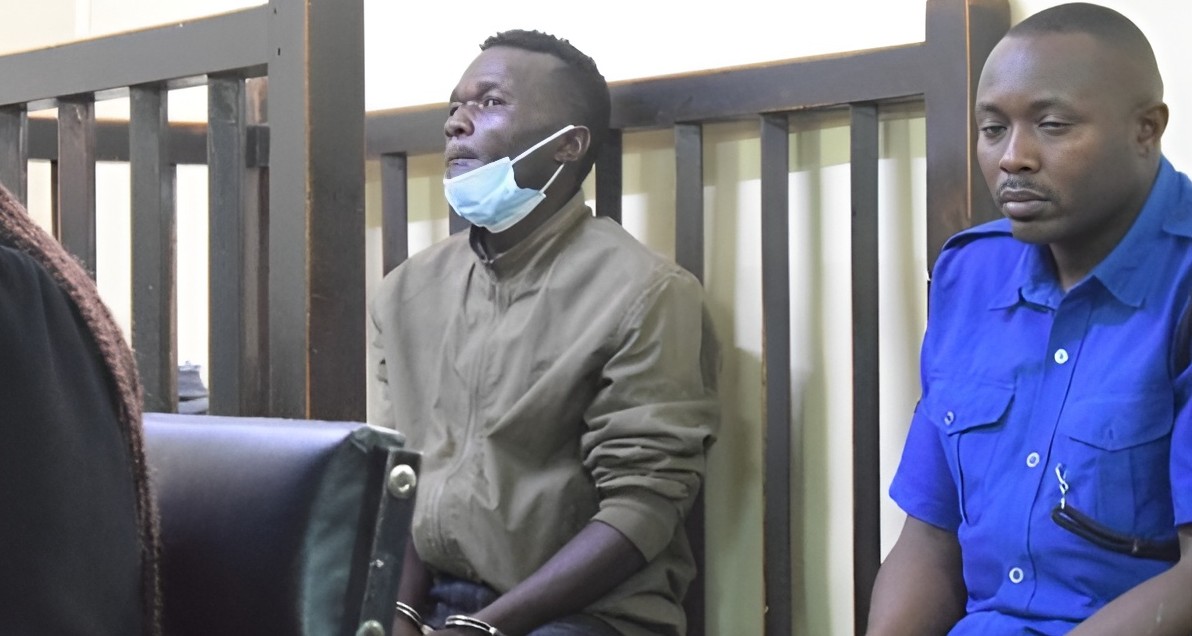Top 10 counties account for 68 per cent of Kenya’s legal cases, says report

In contrast, remote counties such as Samburu, Wajir, Mandera, Lamu, West Pokot, Marsabit, and Tana River each recorded fewer than 2,000 filings, reflecting smaller populations and limited access to justice.
From the crowded courts of Nairobi to the sparsely populated counties of northern and eastern Kenya, the State of Judiciary Annual Report for 2024/2025 shows a dramatic variation in case filings across the country.
Nairobi recorded the highest number of filings at 222,916, over six times the 33,147 cases registered in Kiambu.
More To Read
- How circuit, mobile courts expanded justice to underserved communities - report
- CJ Koome affirms Judiciary’s commitment to transparency, says trust central to transformation
- Supreme Court Judge Mohammed Ibrahim to retire after 23 years of service
- Koome reports historic 104 per cent case clearance rate, hails milestone for justice access
- Judges poised for lifetime pension perks worth Sh5.7 billion
- CJ Koome reaffirms Judiciary’s commitment to child protection, announces expanded reforms
The top ten counties combined, Nairobi (222,916), Kiambu (33,147), Nakuru (28,078), Mombasa (27,012), Machakos (21,168), Kisumu (19,846), Kakamega (16,837), Uasin Gishu (16,707), Meru (16,314), and Murang'a (13,065), accounted for 68 per cent of all national filings.
In contrast, remote counties such as Samburu, Wajir, Mandera, Lamu, West Pokot, Marsabit, and Tana River each recorded fewer than 2,000 filings, reflecting smaller populations and limited access to justice.
The type of cases also varies sharply between regions.
Criminal cases dominate rural and pastoralist counties, driven by local socio-economic and geographic factors.
West Pokot had 83 per cent of its filings classified as criminal, followed by Elgeyo-Marakwet at 79 per cent, Turkana at 78 per cent, and Samburu at 78 per cent.
Urban counties present a very different picture. Nairobi leads with 75 per cent of its cases being civil, largely involving land, property, contracts, and family disputes.
Kisumu and Uasin Gishu followed closely, each with 61 per cent civil cases, highlighting the prevalence of non-criminal matters in cities.
“The contrasts underscore the need for differentiated resource allocation,” the report notes.
Rural areas require more criminal courts, additional prosecutors, and better legal aid services to meet local needs.
Urban hubs, by contrast, require stronger civil divisions, efficient case management systems, and improved mediation frameworks to handle heavy caseloads.
Top Stories Today















































